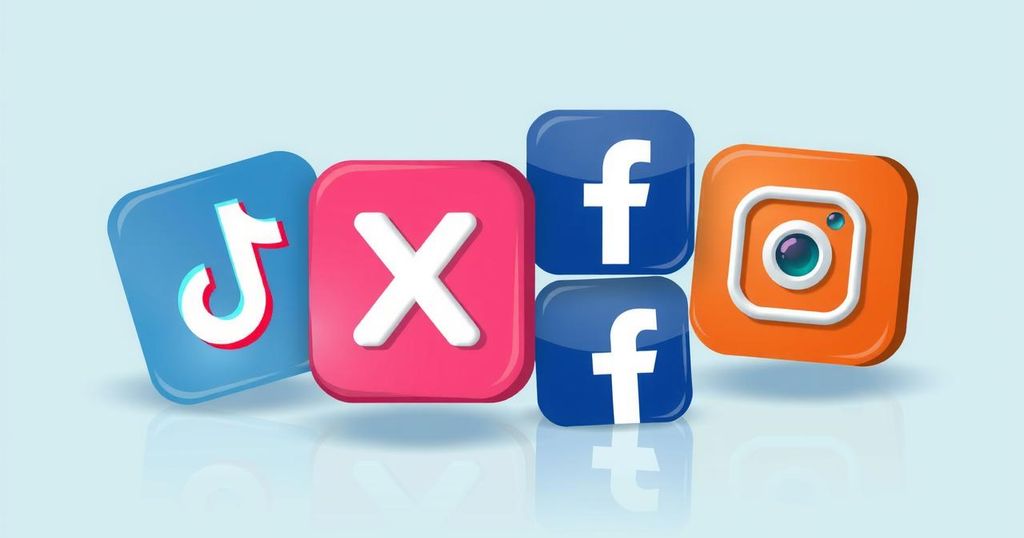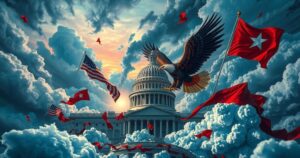How Americans Navigate Politics on TikTok, X, Facebook and Instagram

A Pew Research Center study reveals Americans’ views on politics across social media platforms, highlighting X as the top source for political content. With 59% of X users engaging for political reasons, most TikTok, Facebook, and Instagram users prioritize entertainment and social connections instead. Concerns about harassment also persist, with Democrats more likely than Republicans to report issues. Free expression remains a contentious topic as the 2024 elections approach.
As politics increasingly spills into social media, a recent study by Pew Research Center, funded through the Pew-Knight Initiative, explores how Americans engage with political content on TikTok, X (formerly Twitter), Facebook, and Instagram. The survey involved 10,287 adult internet users, conducted in late March 2024. The aim? To dissect individual experiences across these platforms, especially concerning how much political content users encounter and share—important as the 2024 U.S. presidential election looms.
The findings reveal distinct differences in how users on each social media platform perceive politics. X emerges as a hub for political engagement; a significant 59% of users cite politics as a key reason for their usage. In contrast, only 36% of TikTok users say the same, with Facebook and Instagram lagging at just 26% each. Users often flock to these platforms for entertainment or to keep in touch with family and friends, making politics a secondary concern, particularly on TikTok, where 95% cite entertainment as their main reason for use.
Political content is still prevalent, especially on X, where 74% of users say they encounter political posts. However, actual sharing of political views is low—a mere 14% of X users frequently post about politics. On TikTok, Facebook, and Instagram, about one in ten users admit to sharing political content. Interestingly, political views vary notably by party affiliation, with Republicans generally more likely to perceive content as neutral or non-partisan compared to their Democratic counterparts.
The survey also delves into how users feel about free speech and the risk of online harassment when expressing political opinions. Most users across platforms feel free to express their political views, but skepticism arises. While roughly 90% of TikTok and X users agree that they can voice their opinions without fear of backlash, this confidence wanes on Facebook and Instagram, especially among Republican users. Additionally, the spectre of harassment looms large, particularly on Facebook, where 80% of users acknowledge it as a significant issue, with Democrats reporting higher instances than Republicans.
The complex interplay between social media and political engagement is further complicated by the moderation policies of each platform. X is seen by many as a bastion of free speech under Elon Musk’s leadership, but critics argue that it may have the opposite effect. Meanwhile, TikTok faces scrutiny for alleged censorship of political discourses, such as those surrounding social justice movements. This research offers a critical view into the dynamics of American political discourse on social media, highlighting both engagement levels and the potential risks involved in participating in an increasingly polarized digital landscape.
In conclusion, the Pew Research Center’s survey sheds light on how Americans navigate politics across platforms like TikTok, X, Facebook, and Instagram, revealing stark differences in user engagement and perceptions of political content. While X stands out as a key player for political discourse, it seems the majority of social media interactions remain rooted more in entertainment and personal connections than unfolding political narratives. As the 2024 elections approach, understanding these dynamics becomes even more essential for evaluating the impact of social media on democracy.
Original Source: www.pewresearch.org







